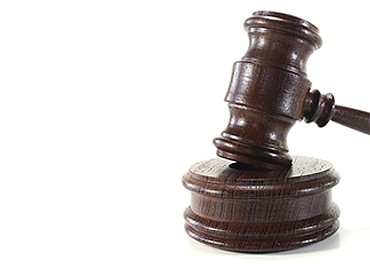Call For Free 15 Minute Consultation(212) 739-7599
Lawline Online Course: A field Manual for Involuntary Bankruptcies - Thursday, 11/5/2020 at 3:00pm EST
Make sure to Reserve your online seat - (Click Here)
Please Note: We are OPEN, continuing to represent clients and accepting new clients However, due to local directives, all meetings and interviews can be conducted via telephonic or video conferencing. Do not hesitate to contact us with any questions, concerns or requests for information. Our free 15 minute telephone consultation remains available.
Call For Free 15 Minute Consultation(212) 739-7599

Imagine thinking you’ve put a bad business experience behind you, only to learn its ghost is attacking you. That’s the specter of poorly planned entity chapter 7 bankruptcies. Unfortunately, most bankruptcy cases for entities which start as Chapter 7 cases suffer from this.
Prudent entrepreneurs conduct business through entities. Popular entity forms include a.) corporations, b.) limited partnerships, and c.) limited liability companies.1 Conducting business through an entity protects the business owner from most of the business’ creditors.2 The risk of loss is limited to their capital contributions to start the business.3
“It ain’t making money. I ain’t getting paid. It’s used up my savings. I can’t sleep. I gotta do something else to make a living. I gotta put this behind me.”
“The purpose of chapter 7 is the orderly liquidation of entities which cannot be successfully rehabilitated under other chapters of the [Bankruptcy] Code.”4 It is not putting the business out of its misery. The misperception is that putting the business into chapter 7 makes dealing with the business’ creditors someone else’s problem. The business’s liquidation becomes the chapter 7 trustee’s responsibility. However, the owner is not “out of the woods” yet.
Chapter 7 cases have a “trustee” empowered to a.) collect all of the business’ assets; b.) reduce those assets to cash; c.) distribute the case to creditors, and d.) get paid for doing this. This impression is that a Chapter 7 trustee’s first job is getting paid. This role frequently results in the trustee suing the company’s owners on various theories. These theories include receiving fraudulent transfers, preferential transfers, and breaches of duty to the entity. Many of these suits result from seemingly innocent conduct by the owners.
One nightmare was traded for another nightmare having a more dangerous antagonist. No bankruptcy decision should be taken without considering the ramifications fully; especially one where you lose control of the entity.
Opting out of Bankruptcy
You don’t have to file for bankruptcy to go out of business. There are non-bankruptcy options involving less risk and fewer problems. Sometimes a chapter 7, or a liquidating chapter 11, are appropriate. Someone considering walking away from their business should discuss all alternatives with experienced insolvency counsel.
1 There are others.
2 Exceptions include some taxes, guaranteed obligations, business torts.
3 Plus, additional contributions made to keep a troubled business going. That’s another day’s discussion.
4 In re Bonded Mailings, Inc., 20 B.R. 781, 785 (Bankr. E.D.N.Y. 1982).